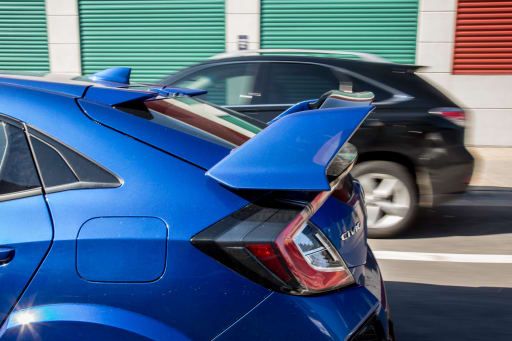
The Future of Autos
autopartmax.comThe automotive industry is on the cusp of a major transformation that will reshape the way we think about transportation. With advancements in technology, shifting consumer demands, and a growing concern for the environment, the future of autos is set to be more promising and exciting than ever before.
One of the key drivers of change in the automotive industry is the rapid development of autonomous vehicles. Self-driving cars have the potential to revolutionize the way we commute, making transportation safer, more efficient, and more accessible. With the integration of advanced sensors, artificial intelligence, and connectivity, autonomous vehicles can navigate roads, avoid accidents, and even communicate with each other, leading to a significant reduction in traffic congestion and a decrease in carbon emissions.
Another major trend in the future of autos is the rise of electric vehicles (EVs). As concerns over climate change grow, the demand for eco-friendly alternatives to traditional combustion engines is increasing. EVs offer a cleaner and more sustainable mode of transportation, with zero tailpipe emissions and lower operating costs. With advancements in battery technology, EVs are becoming more practical, offering longer ranges and faster charging times. As governments worldwide implement stricter emissions regulations and provide incentives for EV adoption, the market for electric vehicles is expected to skyrocket in the coming years.
Furthermore, connectivity and digitalization are transforming the driving experience. The concept of the connected car, where vehicles are seamlessly integrated with the internet and other devices, is becoming a reality. Connected cars offer a wide range of benefits, including real-time traffic updates, remote diagnostics, and enhanced safety features. With the advent of 5G technology, cars will be able to communicate with smart infrastructure, enabling a more efficient and intelligent transportation system.
In addition to these technological advancements, the future of autos will also witness changes in ownership models. The rise of shared mobility services, such as ride-hailing and car-sharing platforms, is challenging the traditional concept of car ownership. With the convenience and cost-effectiveness of these services, an increasing number of people are opting to share vehicles rather than owning them outright. This shift towards shared mobility is expected to reduce the number of cars on the road, leading to less congestion and a decrease in the demand for parking spaces.
As the automotive industry continues to evolve, manufacturers are also exploring alternative materials and manufacturing processes. Lightweight materials, such as carbon fiber and aluminum, are being used to reduce the weight of vehicles, improving fuel efficiency and overall performance. Additionally, 3D printing technology is revolutionizing the manufacturing process, allowing for greater customization and faster production times.
With all these advancements and trends shaping the future of autos, it is clear that the automotive industry is entering a new era. The integration of autonomous technology, the rise of electric vehicles, the digitalization of cars, changes in ownership models, and advancements in materials and manufacturing processes are set to transform the way we travel. As we embrace these changes, we can look forward to a future where transportation is safer, greener, and more connected than ever before.